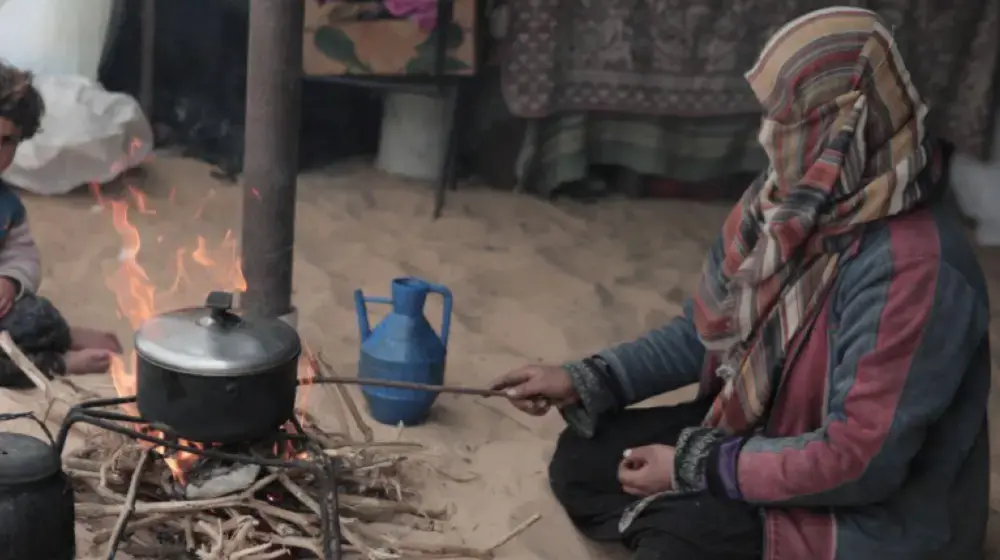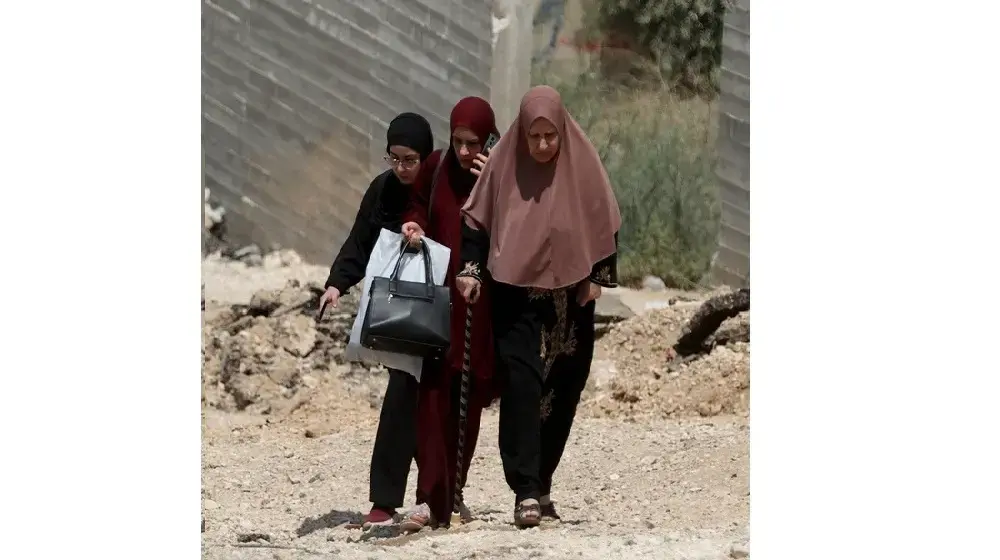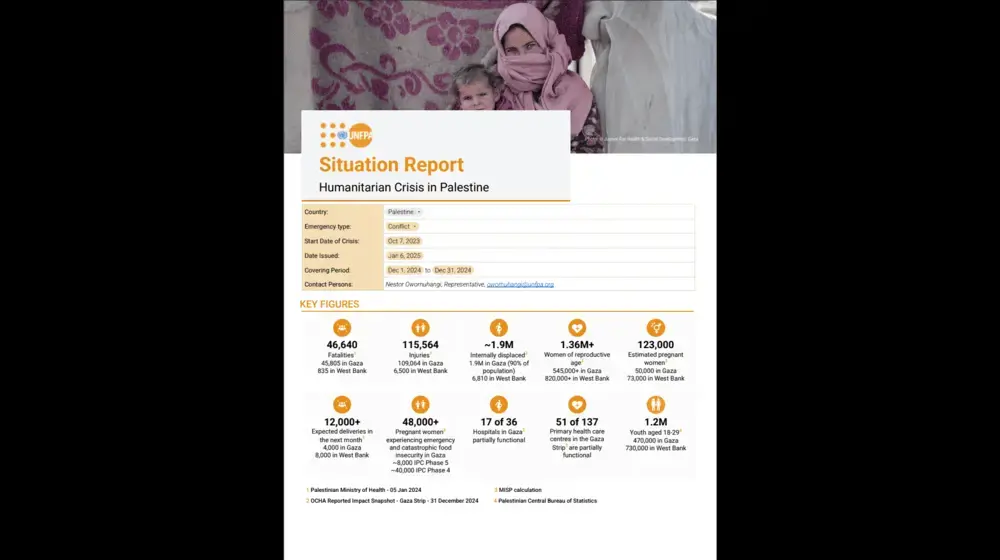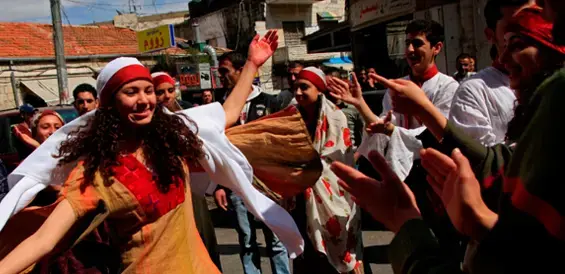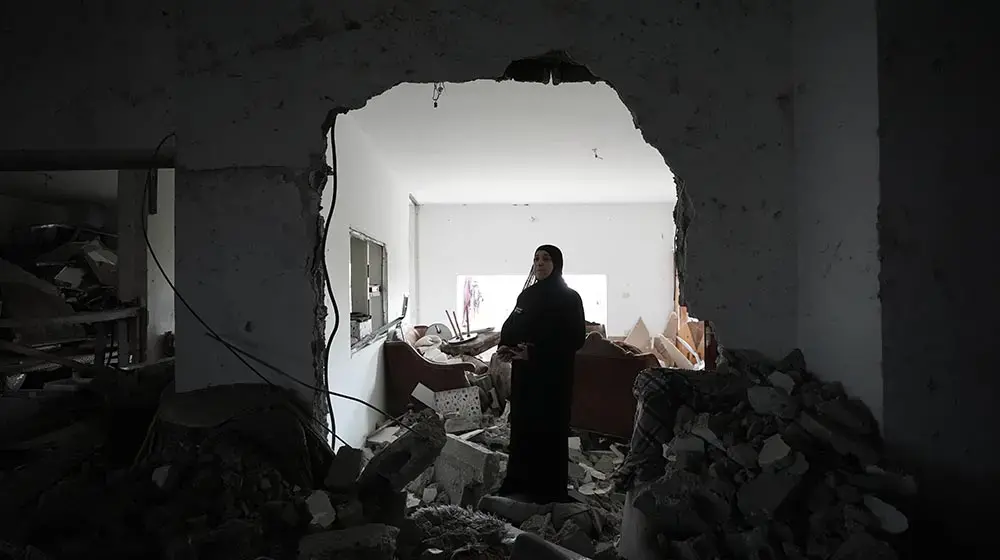Overview
Gender-based violence against women and girls is one of the most prevalent human rights violations in the world. It knows no social, economic or national boundaries. Worldwide, an estimated one in three women will experience physical or sexual abuse in her lifetime.
Gender-based violence undermines the health, dignity, security and autonomy of its victims, yet it remains shrouded in a culture of silence. Victims of violence can suffer sexual and reproductive health consequences, including forced and unwanted pregnancies, unsafe abortions, traumatic fistula, sexually transmitted infections including HIV, and even death.
UNFPA is one of the UN's lead agencies working to further gender equality and women’s empowerment, and to address the physical and emotional consequences of gender-based violence. UNFPA’s programmes offer psychosocial assistance, medical treatment and rape kits to survivors, and promote the right of all women and girls to live free of violence and abuse.
GBV in Palestine
Gender Based Violence (GBV) is a key protection concern in Palestine. According to Palestinian Central Bureau of Statistics (PCBS) 2011 Violence Survey, an average of 37% of women are victims of GBV in Palestine; in the Gaza Strip, this percentage increases to 51%. Women in Palestine face multiple layers of violence and discrimination. The analysis made in the UN Special Rapporteur’s report on violence against women in 2005 found two main reasons for the GBV level in Palestine:
- Traditional patriarchal norms and values
- Occupation and its consequences
The combination of decades of Israeli occupation and the prevailing patriarchal culture in Palestinian society, configures a very high gender inequality, which limits within the domestic ambit the expected roles for women. The traditional social situation (not unique to Palestine in the region), is complemented here with the violence and aggression from long established military occupation which has caused a long economic depression, characterized by a lack of opportunities and the added pressures from a permanent humanitarian crises. It has contributed to a behavioural dynamic of men being more frustrated, unable to fulfil their expected role in this patriarchal society, as their opportunities to provide and protect (two main elements of masculinity in a traditional patriarchal society), have been very limited. The existence of a wide social agreement to maintain traditional family systems, as a way to reinforce needed unity and resilience in face of occupation, have eroded the development of gender policies that otherwise would have long ago found its place in the Palestine Basic Law.
The protracted humanitarian crisis, and its impact on gender and family dynamics, has exacerbated GBV in all its forms, including sexual violence, intimate partner violence and child marriage. Distance, mobility restrictions, fragmentation of areas and services and reluctance to report GBC due to fear of stigma, social exclusion, so-called honour killings or reprisal limits survivors’ access to and utilization of critical services. The Available services and capacity of service providers also remain limited and survivors and communities have minimal information on existing services and how to access them. There is a need to both scale up services and improve service quality to provide support and promote confidentiality. Only 0.7% of GBV survivors seek help due to the lack of confidential and compassionate services and fear of stigma and reprisal.
UNFPA’s intervention in Palestine
UNFPA in Palestine is working together with the Ministry of Health, Ministry of Social Development and Ministry of Woman’s Affairs to respond effectively to GBV both in the West Bank as well as in the Gaza Strip by the following.
- mproving availability of compassionate and confidential health and psychosocial services to GBV survivors by establishing health guidelines and protocols for the treatment of GBV survivors, train health providers to detect and treat GBV cases based on the established international standards; develop the capacity of national health institutions to implement the Minimum Initial Service Package (MISP) during emergencies; pilot provision of clinical management of rape including distribution of commodities and the training of providers, develop psychosocial manuals for treatment of GBV survivors and referral to specialised services and train counsellors on the manual, standard operational procedures (SOP) case management and national referral.
- Strengthened GBV prevention and protection by working together with community health workers to deploy mobile teams in vulnerable areas to conduct reproductive health (RH) and GBV outreach missions; community awareness raising through male engagement; training on RH and GBV for religious and community leaders; awareness raising among youth through peer to peer educational support livelihoods skills for vulnerable girls and boys in MoSA centres including training and distribution of work kits; and the support of media campaigns to provide and disseminate GBV prevention and gender equality messages.
- Improve safe ethnical aggregate and standardized data collection and evidence to facilitate broader trends analysis for advocacy and policy by piloting the GBV Information Management System (IMS) for safe and ethnical GBV incident data management; improve records at the service level for ethnical and confidential data collection based on international standards; and support reach and assessments to identify gaps in service provision including Area C and East Jerusalem, in addition to assessment of men’s attitudes towards GBV and early marige to inform GBV programming.
- Ensure well-functioning GBV-sub cluster under the Protection Cluster and the Gender Task Force, in the West Bank and the Gaza Strip to enhance coordination and GBV mainstreaming in the humanitarian and development sector by conducting meetings on a monthly basis and suppor the coordination and engagement of national and international actors; ensure a regular space and time for meetings and timely circulation of information and updates; develop location-specific GBV sub-cluster work plans, disseminate and update regularly GBV mapping (4Ws); draft common GBV sub-cluster key messages and advocacy notes to promote consistent communications that emphasize the life-saving nature of GBV-related interventions in the crisis-affected context; train the ‘National Committee to combat VAW’ on GBV programming in emergencies and promote shared knowledge and understanding of the GBV guiding principles and globally-endorse tools for effective GBV programme management and inter-agency coordination.


